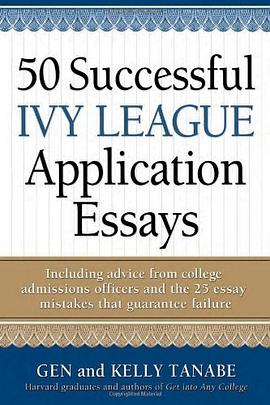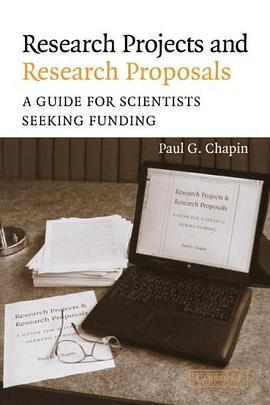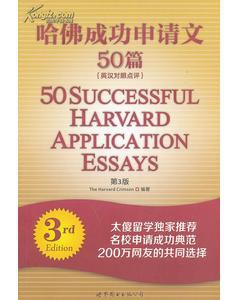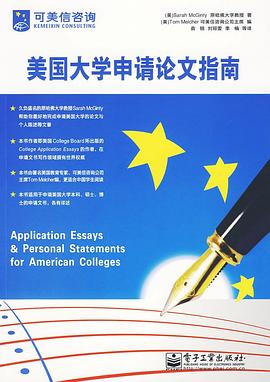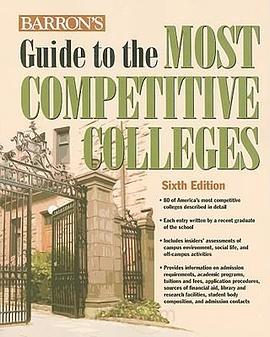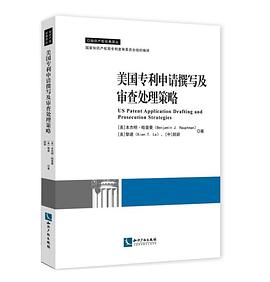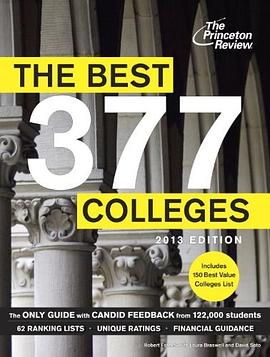

具体描述
I locate the tsunami aid response in Sri Lanka in the literature on disasters and development. The reconstruction effort took a "managerial" approach, where concerns of politics and power were ignored. A local critique of the aid effort, launched by some NGOs, took an "impact" view, seeing aid as a facilitator of rapacious capitalist development. However, neither view captures the complexity of the reconstruction process. I analyze livelihood recovery efforts and demonstrate that while aid agencies and the critics see the village to be entrepreneurial, most of the poor are casual laborers, trapped in relations of patronage and debt with wealthier people. These relations are structured by the wider political economy. Through an ethnographic study of participation in the context of a housing project, I show how even the most participatory social movement in Sri Lanka faces challenges structured by its relations with the state and with donors; these relations transcend village and national boundaries. I also demonstrate how aid agencies inadvertently helped to restart the civil conflict in Sri Lanka by misunderstanding key dimensions of the relationship between ethnic nationalism and economic development.
作者简介
目录信息
读后感
评分
评分
评分
评分
用户评价
相关图书
本站所有内容均为互联网搜索引擎提供的公开搜索信息,本站不存储任何数据与内容,任何内容与数据均与本站无关,如有需要请联系相关搜索引擎包括但不限于百度,google,bing,sogou 等
© 2026 book.wenda123.org All Rights Reserved. 图书目录大全 版权所有



